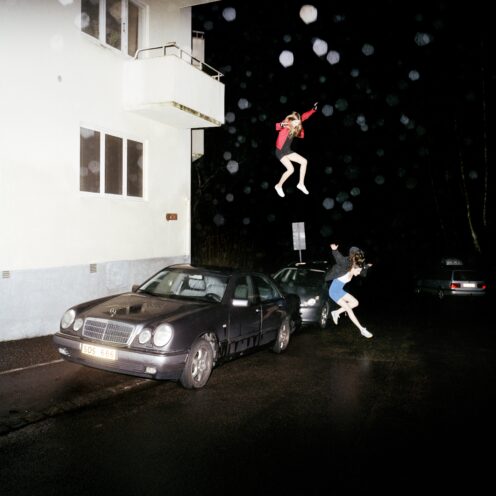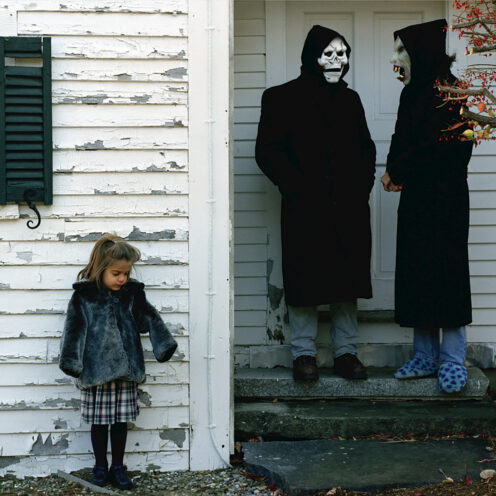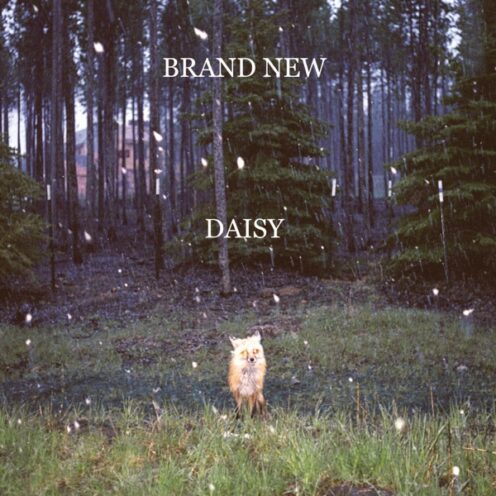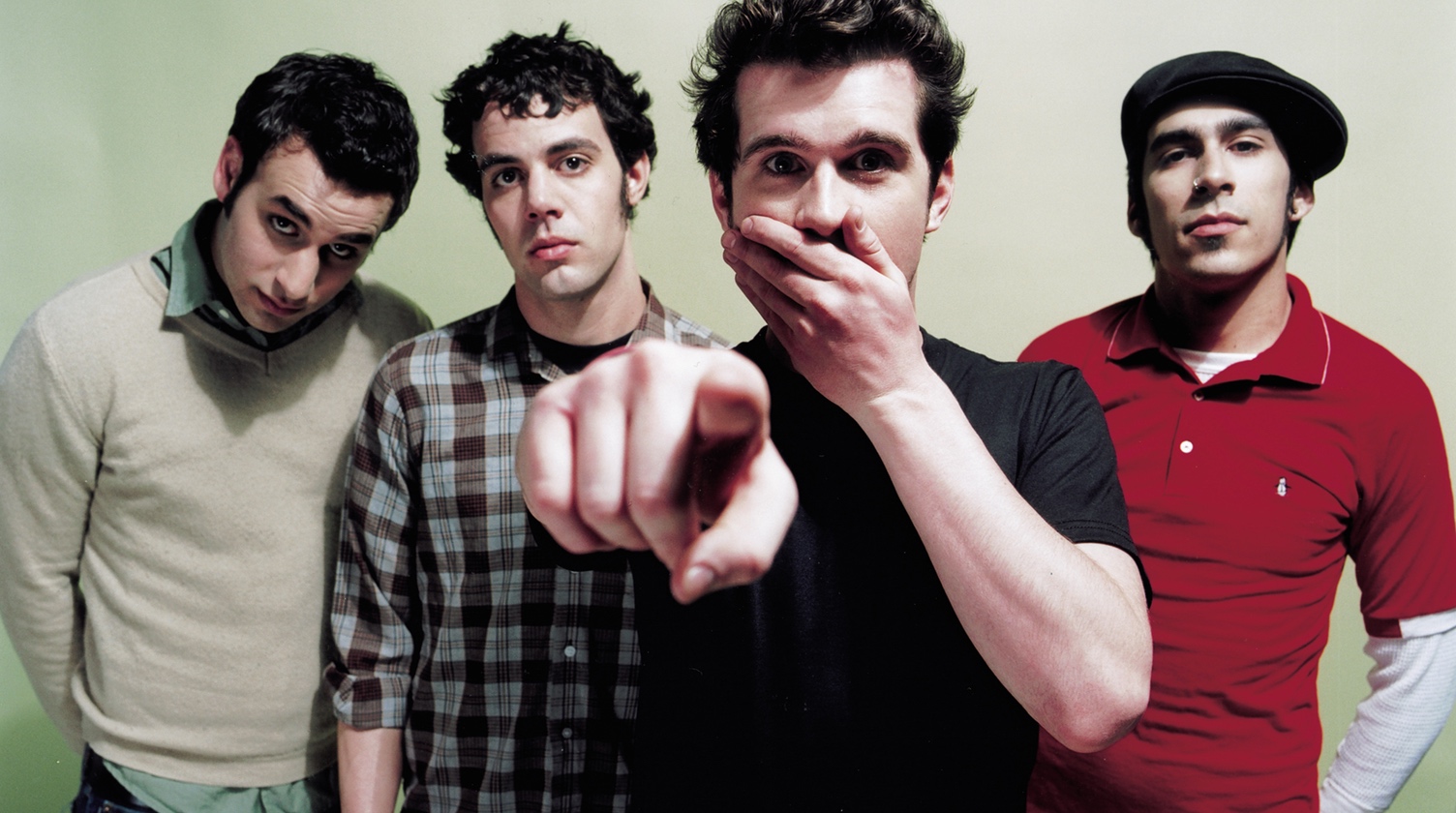Last night Brian Keith Diaz, who was in the Long Island band The Reunion Show and guitar tech for Fall Out Boy and a variety of other bands, called out on his Twitter and Facebook feed asking:
So while we are on the topic of outing famous and semi-famous creeps, anyone want to speak up about Jesse Lacey from Brand New?
At that point a woman alleged that when she was fifteen Jesse Lacey solicited nude photos from her, stating:
He solicited nudes from me starting when I was 15 and he was 24. Manipulated the hell out of me, demanded specific poses/settings/clothing, demeaned me, and made it clear that my sexuality was the only thing I had to offer. He knew what he was doing was shitty so he wouldn’t touch me until I was 19. I should’ve known better by then, but he had screwed me up so much psychologically that all I wanted was his approval. It fucked me up to the point that I STILL have nightmares and wakeup in a sweat. I still breakdown and have panic attacks when people play Brand New in a bar.
And:
Oh and yes he made me watch him masturbate on Skype. Apparently that’s a common thing with sexual predators. I took screen shots at some point, they’re probably on a computer in my basement if I ever really wanted to rehash my past that much (I don’t think I do).
I’ve reached out for comment from the band and management, but so far have not heard anything back.
Update #1: Pitchfork have ran an article detailing two alleged victims’ accounts:
Another woman, Emily Driskill, was 16 years old when she first met Lacey in 2002; she’s now 32. A concert photographer, music journalist, and Brand New fan, Driskill says she was given Lacey’s instant messenger screen name by a mutual friend. The first time they met in person was for an interview, during which Lacey stared at her chest and made “lots of comments about [her] body and breasts,” Driskill tells Pitchfork. “He was the first person to ever tell me that I was hot. In hindsight as an adult woman, I know I was preyed on.”
Update #2: A woman has written about an alleged relationship with Jesse that started when she was 17:
Reading the accounts from other women has been heartbreaking, as it has forced me to confront that Jesse used many women for his own selfish, and as he put it, “narcissistic” needs. I felt special and I wasn’t special. I had been duped. What has been more difficult that realizing that I was not the only one who was harmed by his behavior, has been reading the comments of his fans. I have felt so proud and empowered by those who have thanked the women for stepping up and out, which I was too afraid to do alone. After all, he wanted me to keep the secret and I did not want to disappoint him.
Update #3: More details have emerged via Vulture:
A year ago, a friend from Boston reached out to Garey with a similar story. That woman told Garey that Lacey had allegedly masturbated in front of her when she was 19 and that she considered the incident “borderline” nonconsensual because she and Lacey had been talking since she was underage. “It was a similar kind of grooming thing,” Garey says, “in that [it] came off like she did give consent but didn’t really feel like she had a choice, which is how I see my situation too. Of course we all have a choice, but with societal norms and the culture, at some point, you don’t feel like you do in the moment.














